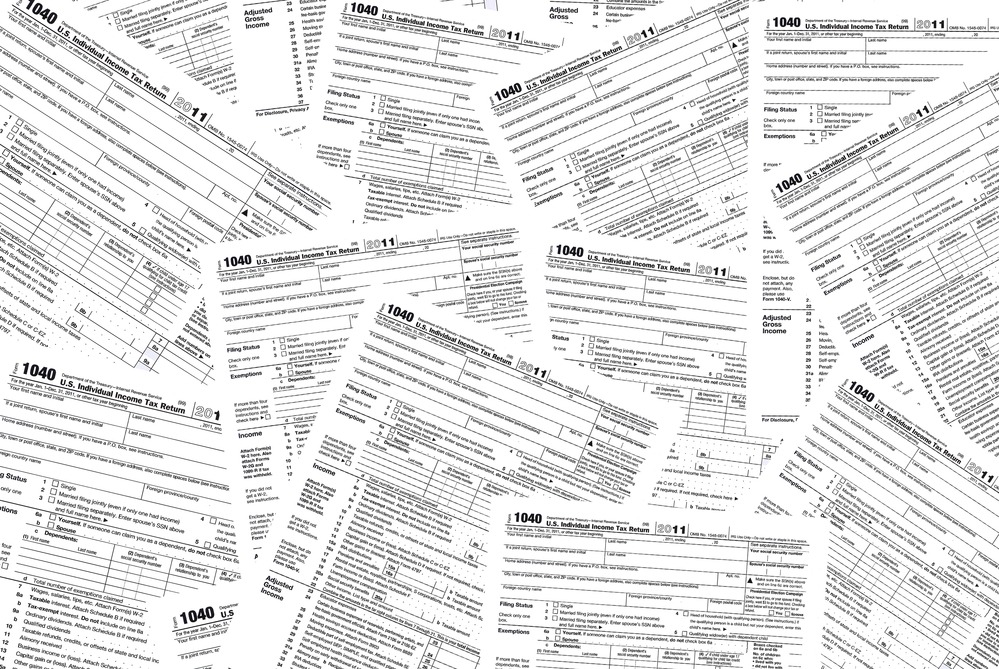Gathering records before preparing tax return makes filing go smoother.
As taxpayers are getting ready to file their taxes, one of the first things they’ll do is gather their records. To avoid refund delays, taxpayers should gather all year-end income documents before filing a 2019 tax return. It’s important for folks to have all the needed documents on hand before starting to prepare their return. Doing so helps them file a complete and accurate tax return. Here are some things taxpayers need to have before they begin doing their taxes.
- Social Security numbers of everyone listed on the tax return. Many taxpayers have these numbers memorized. Still, it’s a good idea to have them on hand to double-check that the number on the tax return is correct. An SSN with one number wrong or two numbers switched will cause processing delays.
- Bank account and routing numbers. People will need these for direct deposit refunds. Direct deposit is the fastest way for taxpayers to get their money and avoids a check getting lost, stolen or returned to IRS as undeliverable.

- Forms W-2 from employers.
- Forms 1099 from banks and other payers.
- Any documents that show income, including income from virtual currency transactions. Taxpayers should keep records showing receipts, sales, exchanges or deposits of virtual currency and the fair market value of the virtual currency.
- Forms 1095-A, Health Insurance Marketplace Statement. Taxpayers will need this form to reconcile advance payments or claim the premium tax credit.
- The taxpayer’s adjusted gross income from their last year’s tax return. People using a software product for the first time will need their 2018 AGI to sign their tax return. Those using the same tax software they used last year won’t need to enter their prior year information to electronically sign their 2019 tax return.
Forms usually start arriving by mail or are available online from employers and financial institutions in January. Taxpayers should review them carefully. If any information shown on the forms is inaccurate, the taxpayer should contact the payer ASAP for a correction.
